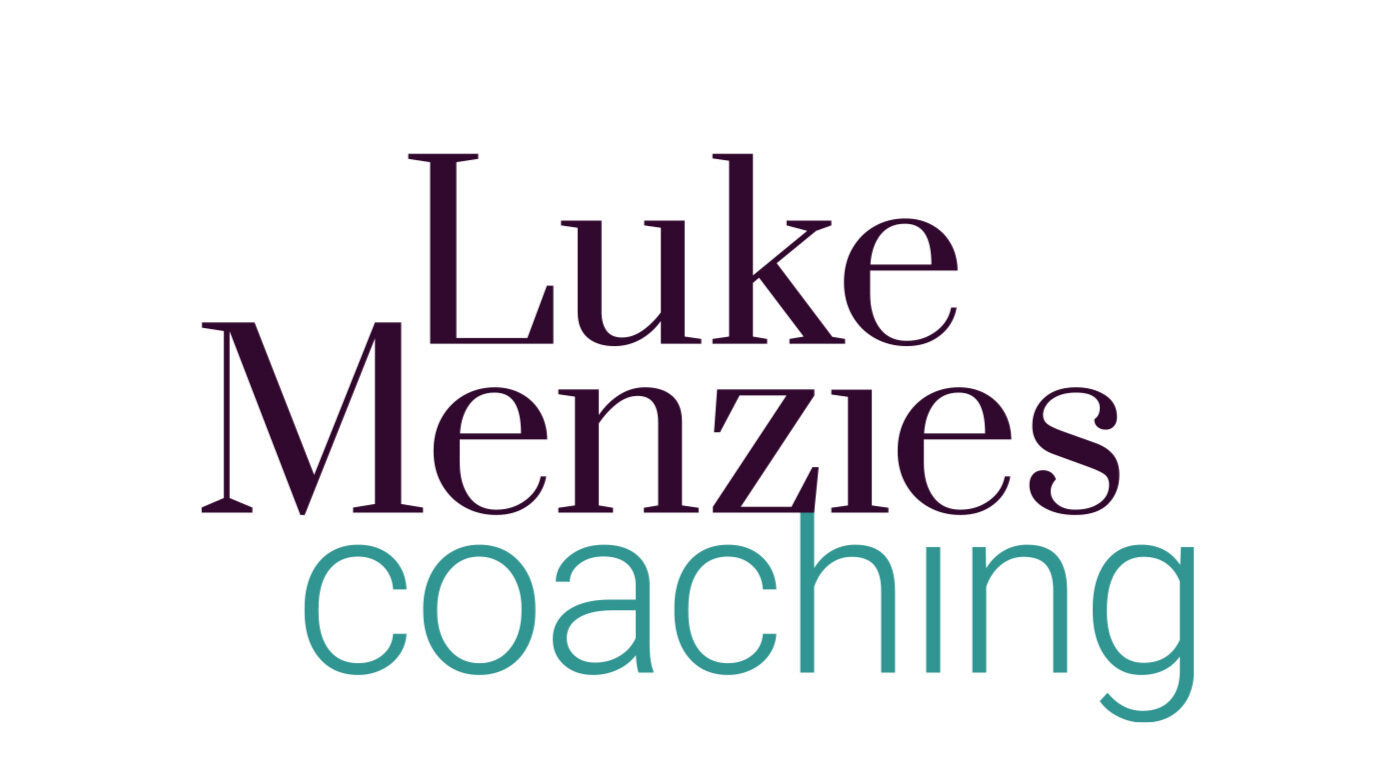Dealing with difficult clients: the Drama Triangle
Following on from my last blog on dealing with difficult clients, the Drama Triangle is a really useful aspect of human interactions for all lawyers and other advisers to know something about.
The Drama Triangle is a model of how people can sometimes interact in an unhelpful, even destructive, way at times of conflict. Stephen Karpman came up with it in 1968 after reviewing many fairy tales, and when I explain that the triangle involves a victim, a rescuer (hero) and a persecutor (villain), you can see why.
A lot of the time we find ourselves acting out repeating unhelpful patterns of thought and behaviour, mostly unaware that we’re doing so. Sometimes it can be obvious: e.g. in the typical disagreements you might have with friends or family (“Oh I see, we’re having this standard row, are we? The one where you say ABC and I say XYZ?”) It can be like we’re actors caught in a never-ending play, doomed to keep repeating the same scenes over and over again.
In these situations, you’re likely to be caught in a Drama Triangle and there is always a hidden pay-off to the part that you play – some reason, deep down, why you keep on playing your particular role in it. Working out that you’re in a Drama Triangle, what your role is, and what the pay-offs are for you and the others in this ‘game’ are the keys to unlocking yourselves from the triangle.
Video
A great way of quickly understanding the Drama Triangle is to watch this video from Conscious Leadership.
If you’re starting to wonder what this all has to do with adviser/client relationships, the answer is EVERYTHING! Just bear with me and read on. I promise that will be useful.
Really quick tour of the Drama Triangle
In any Drama Triangle situation we have 3 characters: the Victim, the Rescuer (called ‘Hero’ in the video) and the Persecutor (called ‘Villain’ in the video). There are a lot of Drama Triangles going on in every workplace and every relationship, most days. Some are big, some are small. Many endlessly repeat.
And each of us has a tendency to favour playing one role above the others. Have a think about what your tendency may be, as you watch the video and read further.
The Victim is the easiest player in the drama to describe: this person will look at a situation and feel fearful, or singled out, or hard-done-by or helpless. Their classic thoughts and ‘lines’ in the drama are:
· Poor me!
· Why did this happen to me?
· The system’s against me
· It’s all too much for me
· I have no good options…
What might be the pay-off for someone tending to favour this role? How does it serve them? Well, it tends to be that they are hoping they will be rescued and won’t have to face the difficulties (or the fear) themselves.
The Rescuer plays the role of hero or saver. They are great at rushing in to save the day, despite this often not being the best way to deal with the larger picture. They have a big urge to help and to be needed. They tend to underestimate the victim’s ability to help themselves and find a solution. Their classic thoughts or lines are:
· It’s OK – I’ve got you!
· I will sort it out – I’ll look after you
· Don’t worry about me!
· Just relax – I will solve everything
The pay-off for someone playing the Rescuer role is that they feel valued by being needed by others. The urge to be needed is what it’s all about. Yet they end up working too hard and carrying too much of other people’s problems.
The Persecutor’s (or the Villain’s) job is to blame others. They tend to feel under threat, under pressure, with a big need to be RIGHT. Their classic lines are:
· You’ve messed it up!
· You just don’t get it
· It’s your fault
· Just get on with it!
· It’s got to be done right now!
· You’re making excuses
The pay-off for someone playing the Persecutor role is that they get to avoid their own responsibility for things that go wrong, they avoid recognising or admitting failures in their leadership, and they get to enjoy feeling RIGHT.
Competition for ‘who’s the biggest victim here’
At the end of the day, the Drama Triangle is a competition in victim consciousness: who can manage to be the biggest victim in the situation? The Victim thinks it must be them, because they’re not in control and all the ‘bad stuff’ is being ‘done’ to them. But the Persecutor also feels a victim of the errors of others and is angry about it. And the Rescuer ends up worn out and resentful because of all the rescuing they feel they have to do – and so they are competing for victim status as well.
Example: the vulnerable client
· You have a client you perceive as vulnerable. They may literally have been the victim of something you are helping them sue for. They may or may not be using classic Victim lines, but perhaps you perceive them as doing so. And fair enough – they’ve had a bad time.
· You (unconsciously) feel a strong urge to rescue them. You don’t do so out of conscious choice usually, but because it feels the right thing to do. Where you cross the line from helpful and appropriate professionalism into Rescuer mode is when you try to help too much, taking too much on, promising too much, perhaps too quickly.
· You may find yourself giving odds of success for their case that are unrealistically high – because you want to cheer them up and give them hope. Many of us do that.
· You may downplay the difficulty and risk posed by obstacles in the path towards a successful outcome for them. Again, very common.
· You may over-promise on timing and what you can do when.
· You may downplay the likely costs – again, very common – so as not to upset them or demoralise them further. You can feel ourself anxious not to give them ‘more bad news’.
· You may offer to take on tasks that in fact they are capable of doing for themselves.
· With you in Rescuer mode, you will eventually usually start to feel awkward and unappreciated (“all these things I’m doing for them…”). And some of the over-promising or downplaying you did earlier on may come back to haunt you. It often does.
· At some point, a person in the Persecutor role will turn up in this drama. It might be your client, who becomes Persecutor when they complain that your over-optimistic advice on merits, costs or timing was inaccurate. It might be your boss, who complains about you under-charging, giving over-optimistic advice, neglecting other clients, etc. Or it might even be you, who switches roles when feeling criticised by your client, and perhaps rants to your colleagues “After all I’ve done for this client, why are they now complaining/ungrateful/pestering/unco-operative? They need to have more appreciation for what I’m doing for them!”
· And, as you may have guessed, there is the possibility that you might then move to the Victim role for a short period, if you are feeling unappreciated after all your hard work for the client.
· And you, your client (and perhaps your boss) may cycle through various of the 3 positions on the Drama Triangle as the weeks go by. I’m sure you get the picture.
The Antidote
The antidote to being caught in a Drama Triangle is awareness. Be aware that it exists. Look out for it, talk to your colleagues and boss about it. Bring it up as an interesting thing to talk about in team meetings. Bring it to supervision. Laugh about it. BE AWARE OF IT.
As soon as you’re aware of it, you can usually step out of it. It’s usually that simple. If you detect that you’re in Rescuer mode, tone down your rescuing and step back across the line into appropriate professionalism. Think about what pushed you into rescuing and make a note to do things differently next time. Think about whether you stepped over into Persecutor or Victim at any point, even if only briefly. Who else played which roles at which points?
Talking to colleagues about it is often the most effective – the mere act of voicing it can bring you all sorts of insight to help with next time.
Difficult clients
So, to apply the Drama Triangle to difficult clients you may encounter, I strongly encourage you to maintain your ‘Drama Triangle Radar’ at all times. Develop your own understanding of where your lines and boundaries should be, between appropriate professionalism and becoming caught up in a Drama Triangle.
If, as in the above example, you have a client who appears to be in the Victim corner, watch out for your urge to become Rescuer. Get used to the situations where you tend to do so (e.g. downplaying fees, downplaying obstacles, over-optimism on the chance of them succeeding in what they want, over-optimism on time-scales).
Where does your own particular Rescuer tend to turn up in a client relationship? At what typical points in the relationship? What aspects of the client tend to trigger you to go into Rescuer mode? Is it your client’s sense of urgency? Their distress? Their anger? Their fear? Their helplessness? Their lack of funds? The harm that’s been done to them?
Also think about whether you might have a tendency to move to Persecutor at any point. You may not express your Persecutor thoughts directly to your client – few of us do. But you may find yourself complaining about them to your colleagues: “Oh, they are always emailing me!” “Why can’t they understand…?” “They just need to wait!” “I can’t work miracles – I’ve told them that.” “They can’t expect me to work for free!” “They don’t pay their bill, and then still expect me to jump when they call!”
And are there times when your client may shift unwittingly to Persecutor? (Or even to Rescuer?) If so, what does that say about how you may have subtly shifted just beforehand, in something you did, said or wrote to your client?
As mentioned above, the antidote to being in a Drama Triangle is to become aware of it and step back across the line, out of the triangle and into appropriate professionalism. I suspect you will always know where that line is, and hopefully you will also have colleagues who you can get advice and support from too. And it’s definitely a topic for supervision.
I hope this has been useful. In a future blog I will look at an example where the lawyer/adviser finds themselves mainly in the Victim role.
If you’d like to talk about your own situation, I’d love to hear from you. Find me at www.lukemenziescoaching.com.





